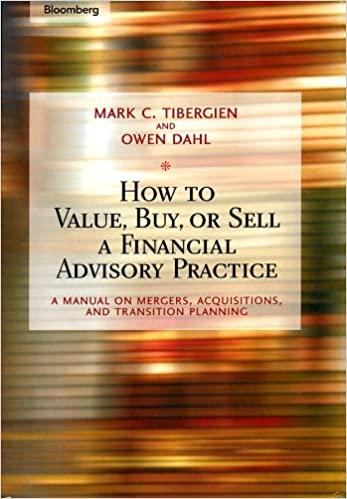Question
Directors and Boards The continued undervaluing of employees has brought corporate America to a precipice, and in order to keep the economic system from buckling,
Directors and Boards The continued undervaluing of employees has brought corporate America to a precipice, and in order to keep the economic system from buckling, institutional investors, management and boards need to look in the social-purpose mirror, says the nations most influential corporate law judge. The economic pie has grown considerably, says Delaware Supreme Court Chief Justice Leo Strine, but the rank and files share is much less than it was 30 years ago, which affects the community at large. Thats led to more income inequality and less satisfaction and is the result of actions by large investors and corporate leaders. There is going to be a level of inequality where people are just not going to take it. Frankly, theyre not going to trust business elites and for a good reason, explains Strine, who heads the high court in Delaware, a state where two-thirds of Fortune 500 companies are incorporated and whose corporate laws are often considered the de facto law of the land. To deal with the issue, he maintains, there are a variety of sensible things that can be done to invest in our economy to create better jobs. But he also believes that boards need to give workers more leverage and more pay, especially in the context of an increasing number of employees becoming shareholders themselves through 401K plans and mutual funds. If this is supposed to be a shared system, especially if were going to make workers be stockholders, then they ought to see the returns in their paycheck. There are many directors who want to focus on environment, social and governance issues (ESG), but what if their actions to bolster social good end up impacting company profits? A lot of my focus has been on what the obligations of institutional investors are to align their behaviour with the interests of the people whose money they have. If you can get more of that thoughtful thinking, then perhaps the incentive structure for boards is less moment to moment. Things like environmental shortcuts, product safety shortcuts, treating workers unfairly tend to get caught out over the long term. So some of the tensions really are resolved, and create a more productive incentive structure for boards and the managers, if the people who are voting the stock actually adopt the perspective of the people whose capital they control. All of us breathe air, all of us drink water. None of us wants any particular company in our portfolio to get artificially rich by poisoning us. Also, we pay for those externalities as investors and as human beings, so those externalities are costs to us. We dont really want directors in any particular company violating the law. And by the way, under Delaware law, theyre not allowed to do it. Blackrock and Vanguard and others are starting to acknowledge their responsibility to think about sustainability, to acknowledge that they need to align their voting principles with their long-term investors. I think thats a healthy development, and hopefully sets us on a better path where we can all begin to make the system work a little bit better for everybody. When you see someone like a Larry Fink, Blackrocks CEO, put out a statement last year on this issue of social purpose, a lot of what hes proposing puts the onus on the board. Is that justified? We have a lot of unrealistic expectations for independent directors, and I think it would be better to rebalance boards a little bit. We need folks who are genuinely independent directors, but we also need directors with expertise, and we need directors who were active in business and who understand the industry. And some of the rules and incentives can get so tight that we actually discourage people with the right kind of qualities from serving on boards.
Questions: 1.1 With regards to the case study, distinguish between the following three (3) corporate governance issues: 1.1.1. Leadership (5) 1.1.2. Sustainability (5) 1.1.3. Corporate citizenship (5) 1.2 In your opinion, analyse risk evaluation as a process within risk management
Step by Step Solution
There are 3 Steps involved in it
Step: 1

Get Instant Access to Expert-Tailored Solutions
See step-by-step solutions with expert insights and AI powered tools for academic success
Step: 2

Step: 3

Ace Your Homework with AI
Get the answers you need in no time with our AI-driven, step-by-step assistance
Get Started


